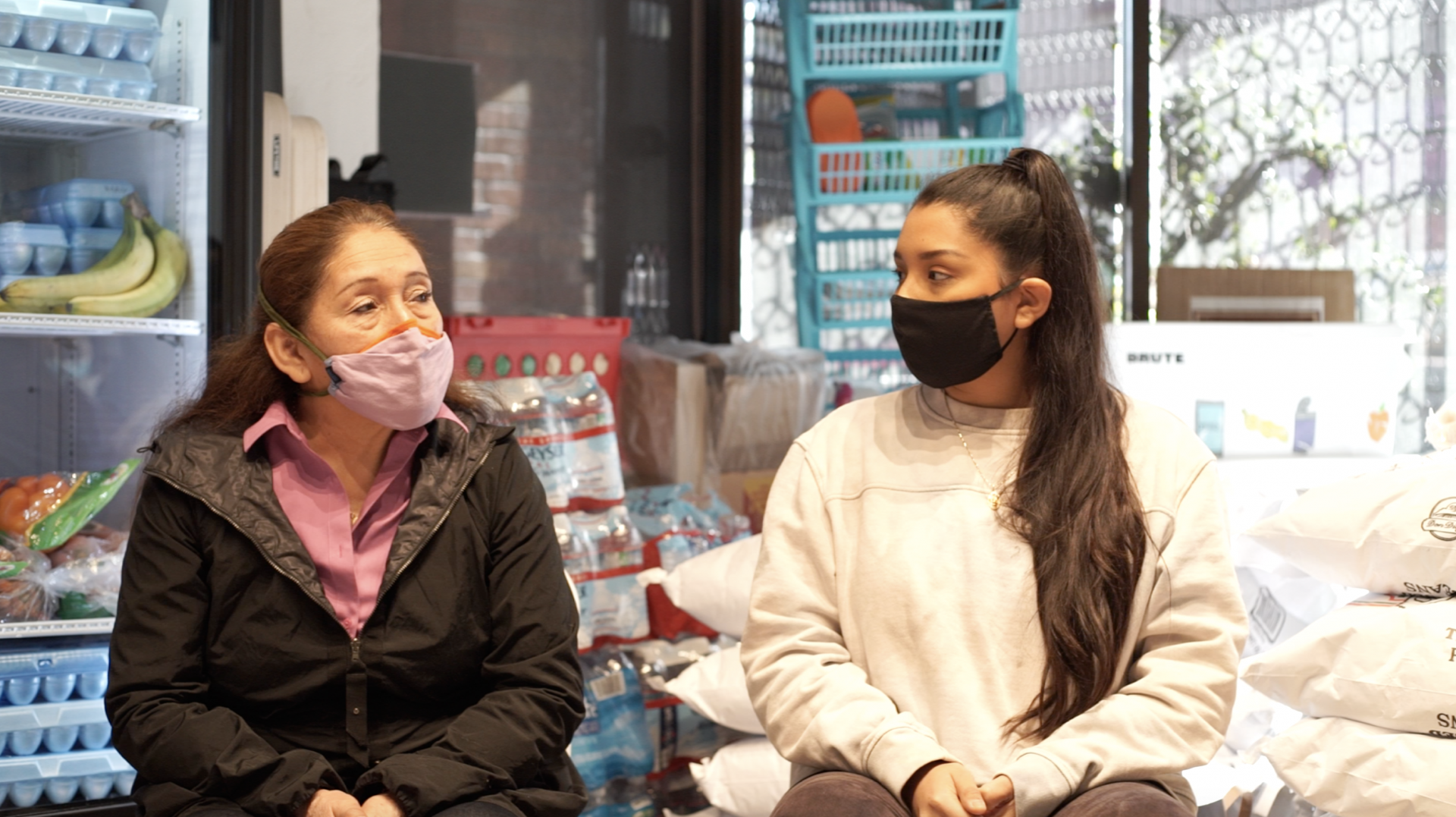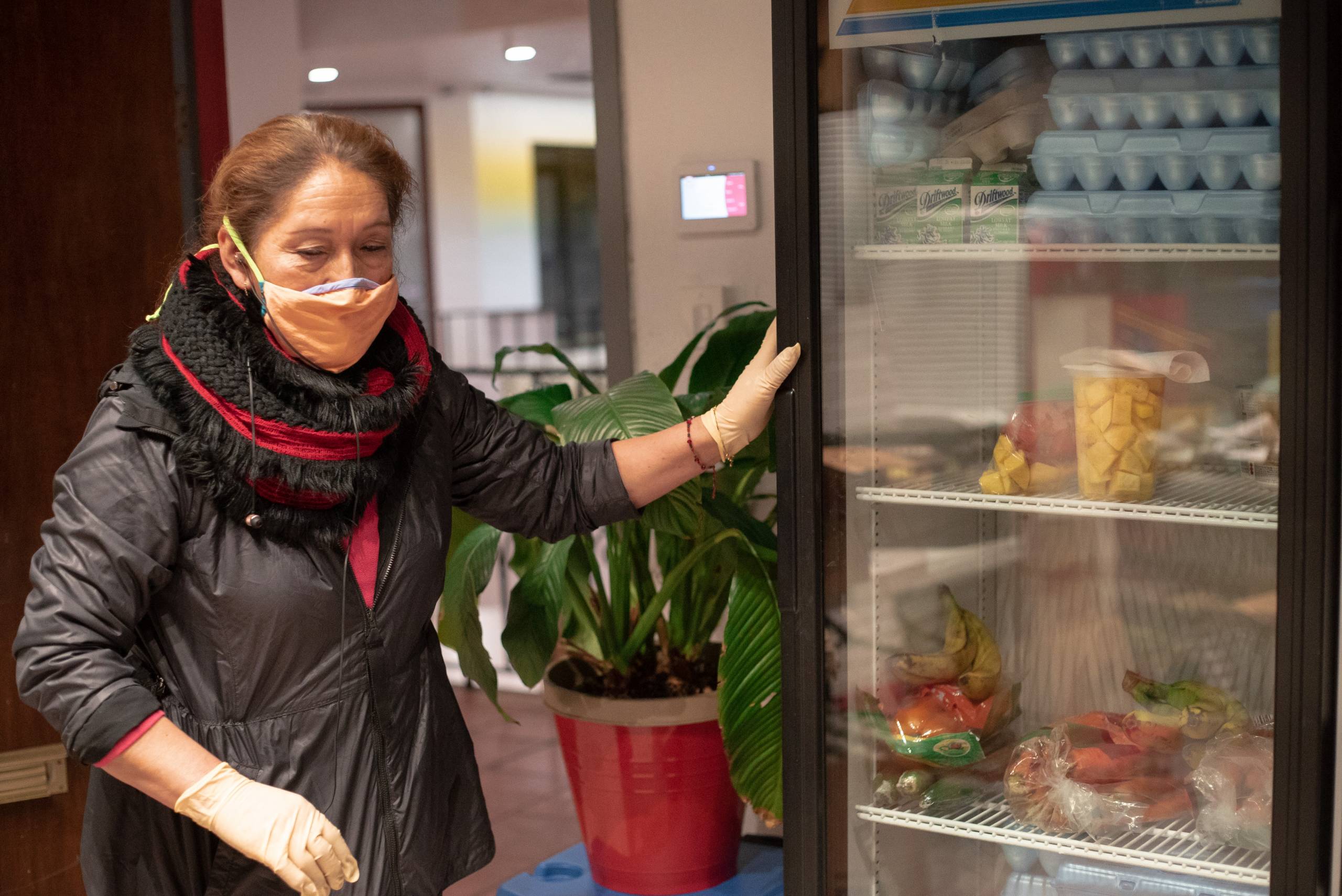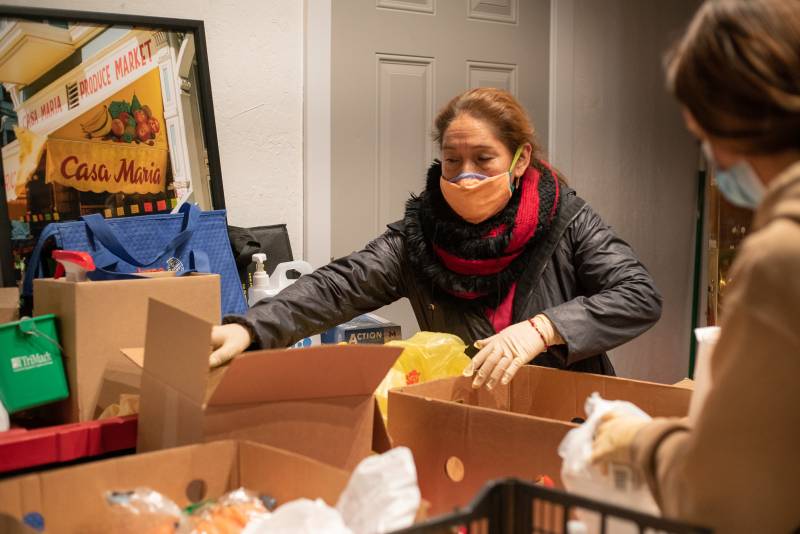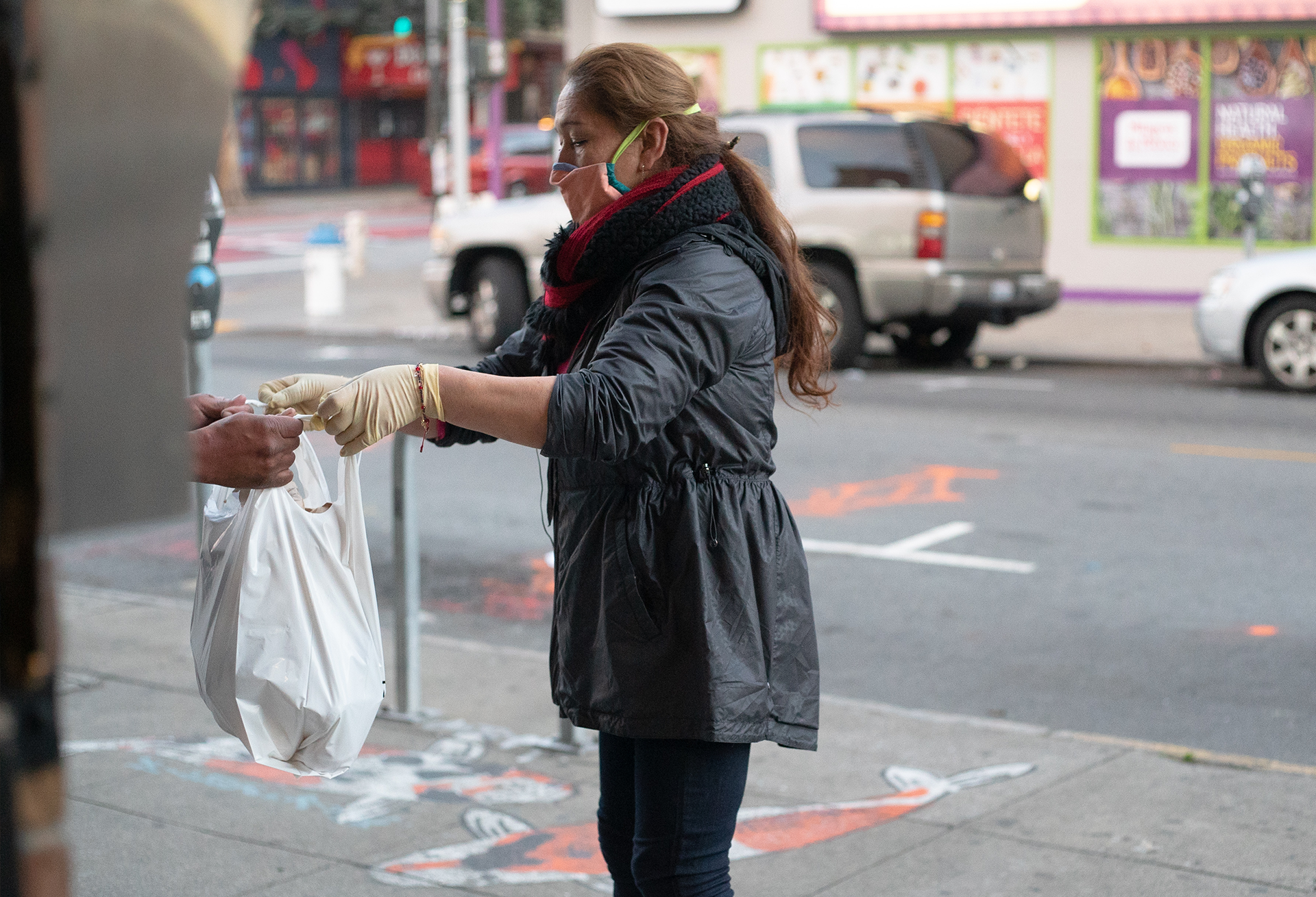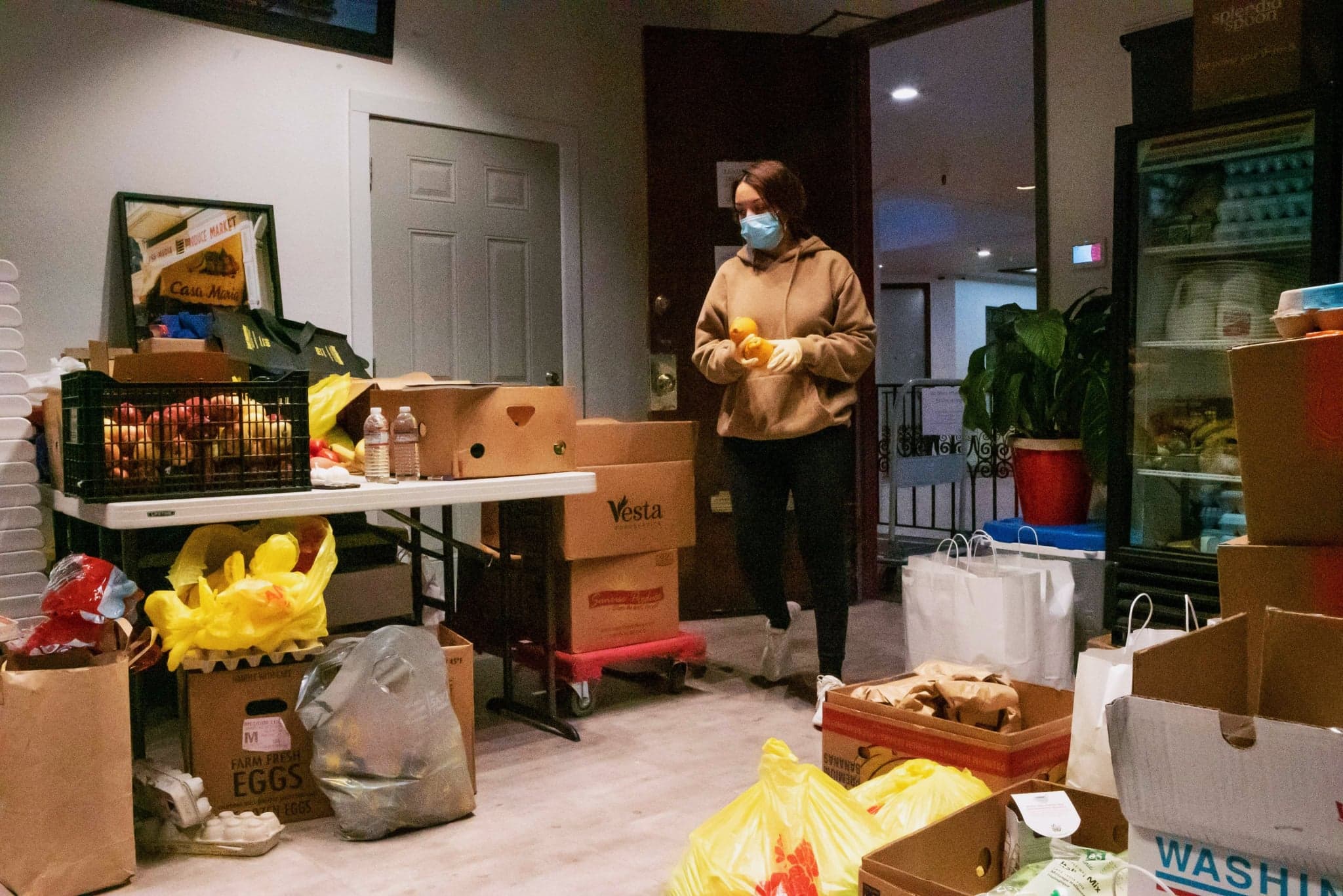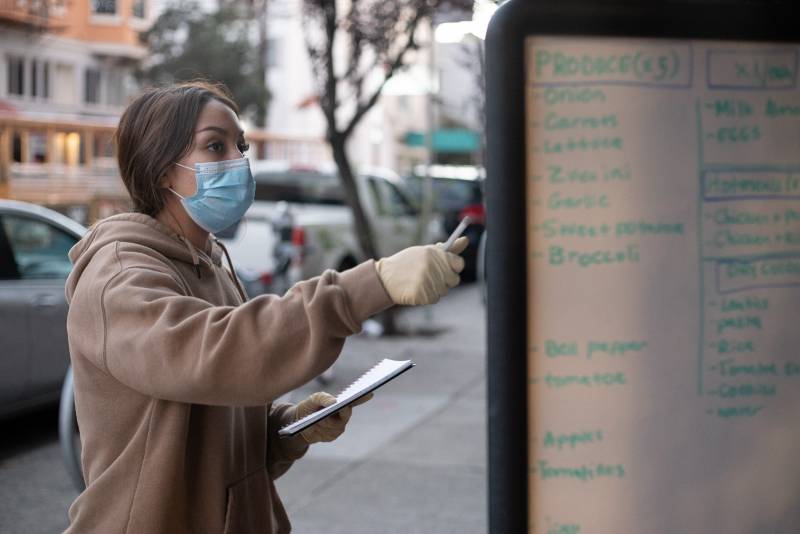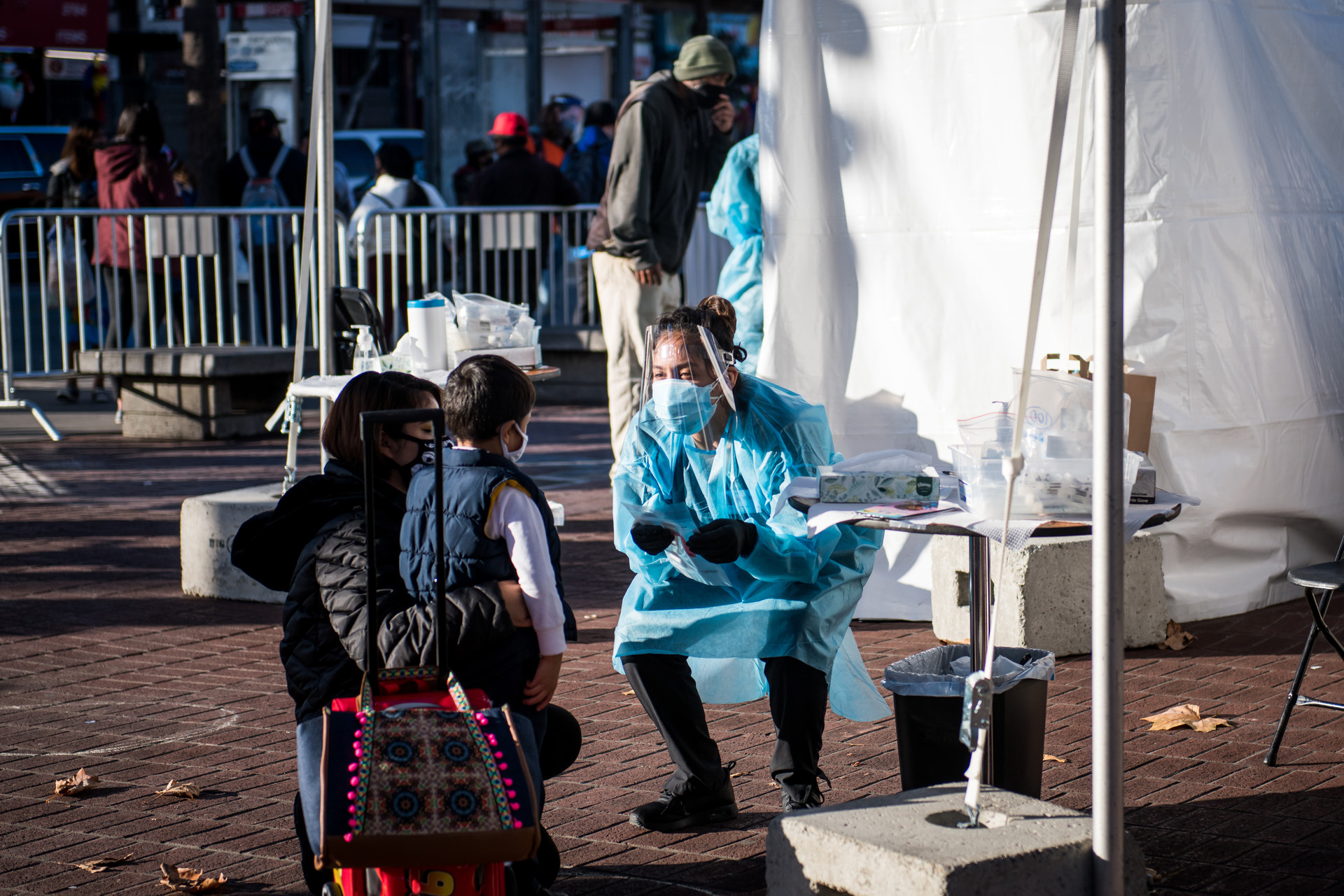F
or Gabriela Alemán, much of her life's work can be traced back to her mom's shop on the corner of 20th and Mission streets in San Francisco.
“It’s been around 90% of my life,” Alemán said.
Her mother, Gabriela Ramírez, has owned this small chair and table rental business since 2005. “We started this so small. There we were walking around, placing flyers in laundromats,” Ramírez remembers.
She recalls walking through the Mission District in those early days, bringing along her three small daughters, to let residents know about her business. And as Ramírez’s business grew, more and more friends and neighbors in the community began to seek her out when someone close was in need.
Years later, Alemán — now 26 — and Ramírez are now united in their work for Mission Meals Coalition, a mutual aid group that partners with community volunteers and small businesses to provide warm meals and fresh ingredients to families, seniors and other food justice organizations across the Bay Area.
And Ramírez’s shop is now home to one of MMC's offerings to residents fighting to get through the pandemic: a community fridge.
Bringing Out La Refri
Stocked with fresh fruit and vegetables, milk, eggs and flour, this single fridge — about the size of one you might find in somebody's home — has fed hundreds of residents since it first showed up in the streets of the Mission last summer.
Initially placed outside of Adobe Books on 24th Street, the fridge was later transferred to Ramírez’s business — after weeks of bad air quality during the fall and the start of the rainy season convinced Alemán to move the fridge indoors.
Anyone can pass by and take what they need during the day, seven days a week. There's no limit on how much food someone can take, and anyone can come in, regardless of where they live or immigration status, to the fridge's home at 2390 Mission St.
